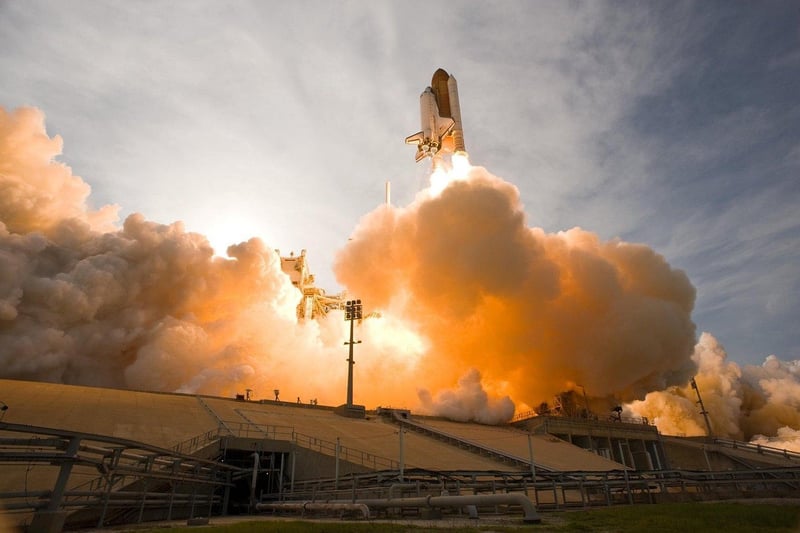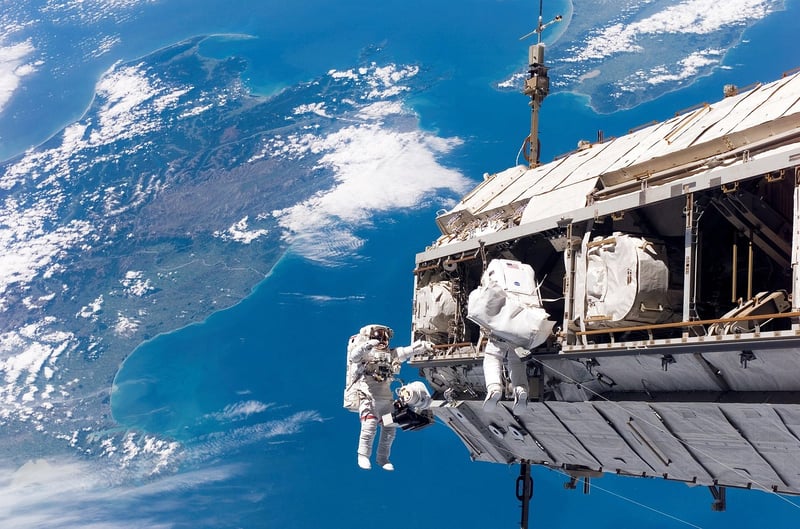Mental Well-being
Ensuring Well-being on Long Space Missions: Mental Well-being

Space missions, especially long-duration ones, present unique challenges for astronauts, with mental well-being being a critical aspect to address. The isolation, confined spaces, and distance from Earth can all contribute to potential mental health issues. Here are some strategies to ensure the mental well-being of astronauts on long space missions:
1. Psychological Support
Providing access to psychological support services is crucial for astronauts. Regular sessions with mental health professionals can help them cope with the challenges of space travel and manage any feelings of isolation or anxiety.
2. Communication
Maintaining regular communication with loved ones and mission control can help astronauts feel connected and supported. Video calls, emails, and even social media can play a vital role in reducing feelings of loneliness and isolation.
3. Exercise and Recreation
Physical activity and recreational time are essential for maintaining mental well-being. Space stations are equipped with exercise equipment to help astronauts stay active, and leisure activities such as reading, watching movies, or playing musical instruments can provide much-needed relaxation.
4. Establishing Routines
Creating and following daily routines can provide structure and stability in the unpredictable environment of space. Having set times for work, meals, exercise, and leisure can help astronauts maintain a sense of normalcy and control.
5. Mindfulness and Relaxation Techniques
Practicing mindfulness and relaxation techniques such as meditation, deep breathing exercises, or yoga can help astronauts manage stress and promote mental well-being. These techniques can be especially beneficial during high-stress situations or when dealing with homesickness.

By implementing these strategies and prioritizing mental health support, space agencies can ensure the well-being of astronauts on long space missions. Taking care of the mental well-being of astronauts is essential for the success of missions and the overall health of crew members.
References:
